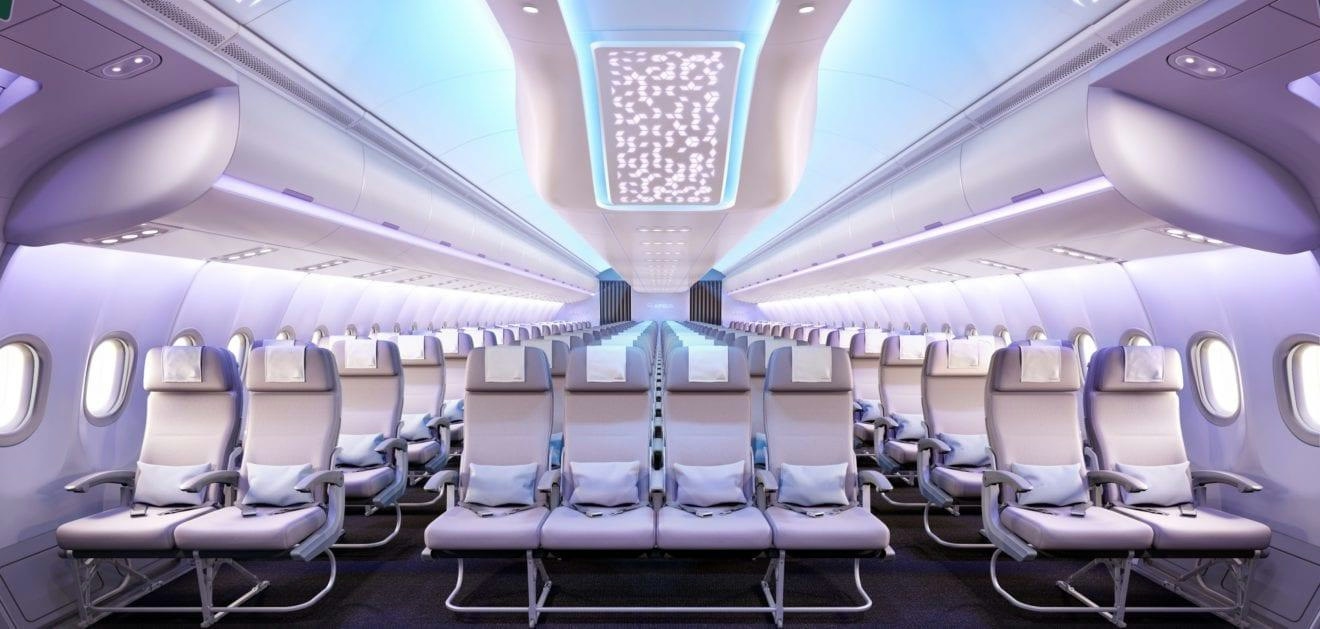AeroGenie — Ihr intelligenter Copilot.
Trends
Categories
Airbus A330neo: Inside The World’s Most Versatile Widebody Aircraft Ever Built

Airbus A330neo: Inside the World’s Most Versatile Widebody Aircraft Ever Built
The Airbus A330neo represents one of the most advanced and adaptable widebody airliners currently in operation. Developed as an evolution of the original A330 series, the "neo"—an acronym for "new engine option"—features state-of-the-art engines and aerodynamic enhancements. Since its introduction in the mid-2010s, the aircraft has established itself as a significant contender in the global aviation market.
Airbus continues to manufacture the A330neo, having delivered over 150 units to more than 30 operators worldwide. With nearly 500 orders to date, the aircraft’s popularity underscores its appeal to airlines seeking an optimal balance of fuel efficiency, range, and operational versatility. Beyond being a fuel-efficient upgrade, the A330neo enables carriers to serve a diverse array of markets, ranging from long-haul international flights to high-density regional routes.
Origins and Evolution
Airbus’s foray into widebody aircraft began in the early 1970s with the A300, the world’s first twin-engine widebody airliner. In an effort to expand its commercial portfolio, Airbus initiated the development of the A330 in the mid-1970s. This new model retained the wing design of the A300 but incorporated a longer fuselage and more powerful engines, positioning it to compete with contemporaries such as the McDonnell Douglas DC-10 and Lockheed L-1011 TriStar.
By 1982, Airbus had finalized the A330’s specifications, preserving key design elements from the A300 while offering customers engine options from leading manufacturers. The program officially launched in 1987, with the first prototype unveiled in 1992 and entering service with Air Inter in January 1994.
The original A330 series achieved early commercial success, but as market demands evolved and competition intensified—particularly with the Boeing 767-300ER—Airbus introduced the A330-200, a smaller and more cost-effective variant. The 2000s witnessed further diversification of the platform, including freighter versions and the A330 Multi Role Tanker Transport (MRTT) for military applications.
Market Dynamics and Competition
The A330neo operates in a highly competitive environment, facing significant rivalry from Boeing’s 787 Dreamliner and the forthcoming 777X. These competing models have challenged Airbus’s market share, compelling airlines to carefully assess the economic viability of new widebody acquisitions. Market reception to the A330neo has been varied; while some carriers are attracted by its versatility and fuel savings, others remain cautious amid shifting industry economics.
Despite these challenges, the A330neo continues to secure substantial orders. Malaysia Airlines, for instance, recently doubled its commitment to 20 aircraft, reflecting strong confidence in the model’s capabilities and market position. Meanwhile, Boeing remains focused on advancing its own widebody offerings, further intensifying competition within the sector.
The A330neo’s Enduring Appeal
The Airbus A330neo’s combination of advanced technology, operational flexibility, and fuel efficiency has solidified its reputation as a leading widebody aircraft. As airlines adapt to evolving market demands and competitive pressures, the A330neo remains a compelling option for carriers seeking a modern and versatile solution capable of serving a broad spectrum of routes.

Factors Positioning Airbus for Leadership in 2026

Emirates Unveils Cabin Design for New Boeing 777X

Eighteen Years On, the Airbus A380 Remains Central to a $34 Billion Airline

How a boom in luxury airline seats is slowing down jet deliveries

Navitaire Outage Attributed to Planned Maintenance

Airbus Plans Record Delivery of 870 Aircraft in 2026

DigiYatra Debuts Outside Aviation at India AI Impact Summit

Vietnam Orders Strengthen Boeing’s Commercial Outlook

Airbus Signals Uncertainty Over Future A400M Orders

JobsOhio Awards $2 Million Grant to Hartzell Propeller for Innovation Center
